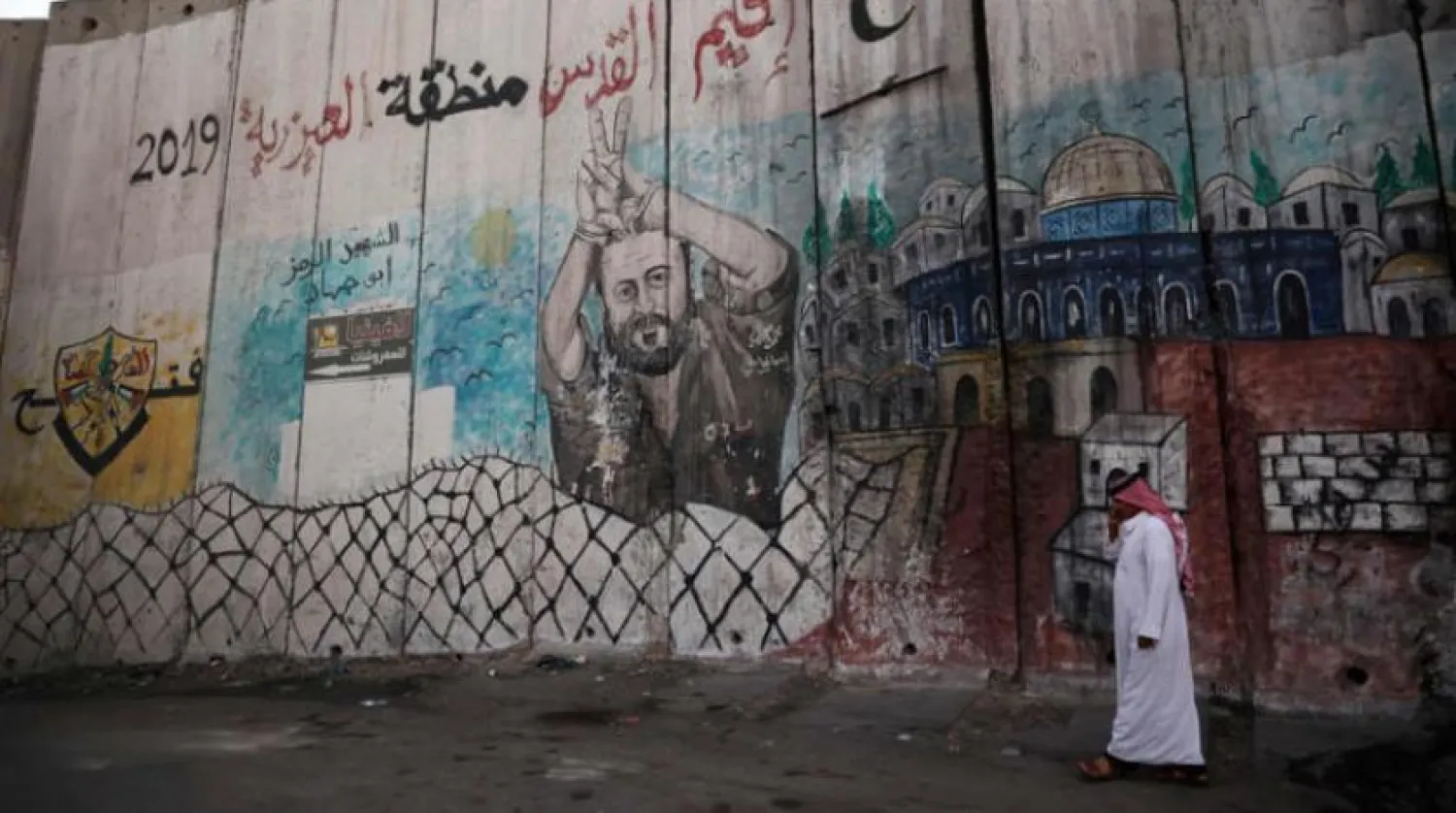US President Joe Biden’s administration has stressed efforts to keep the two-state solution “alive” for resolving the Israeli-Palestinian conflict.
Spokesperson for the US State Department Ned Price affirmed that the US position on the two-state solution is “well known and clear.”
His comment was made in response to a question about Israeli Prime Minister Naftali Bennett’s recent statements on peace negotiations with Palestinian parties.
“We believe that a two-state solution is the best way to ensure Israel’s future as a Jewish and democratic state, living in peace alongside a viable, democratic Palestinian state,” he said.
“That is why we will continue to focus our efforts on an approach that is affirmative, an approach that is practical, an approach that seeks to improve the quality of life for Israelis and Palestinians alike, in the immediate term, and over the longer term to help keep the possibility of a negotiated two-state solution alive,” Price added.
“Israelis and Palestinians equally – deserve equal measures of safety, of security, of prosperity, of democracy and of dignity,” Price said, noting that this comes at the core of the US approach.
He pointed out that negotiations towards a two-state solution aren’t on the table at the moment. “Our focus now is on improving a standard of living as we keep that possibility of a negotiated two-state solution alive.”
US Deputy Assistant Secretary of State for Israel and Palestinian Affairs Hady Amr is “very much engaged in diplomacy,” Price stated.
“He (Amr) is in constant contact with Israeli officials, with Palestinian officials and with regional officials for this purpose.”
Speaking about the re-engagement with the Palestinian Authority, Price said the administration has resumed assistance to the Palestinian people.
“We’ve provided over $400 million in economic, development, security and humanitarian assistance. That includes $85 million in economic and development assistance, $40 million in security sector assistance, more than $20 million in food aid, in COVID-related humanitarian assistance and $318 million to UNRWA.”









